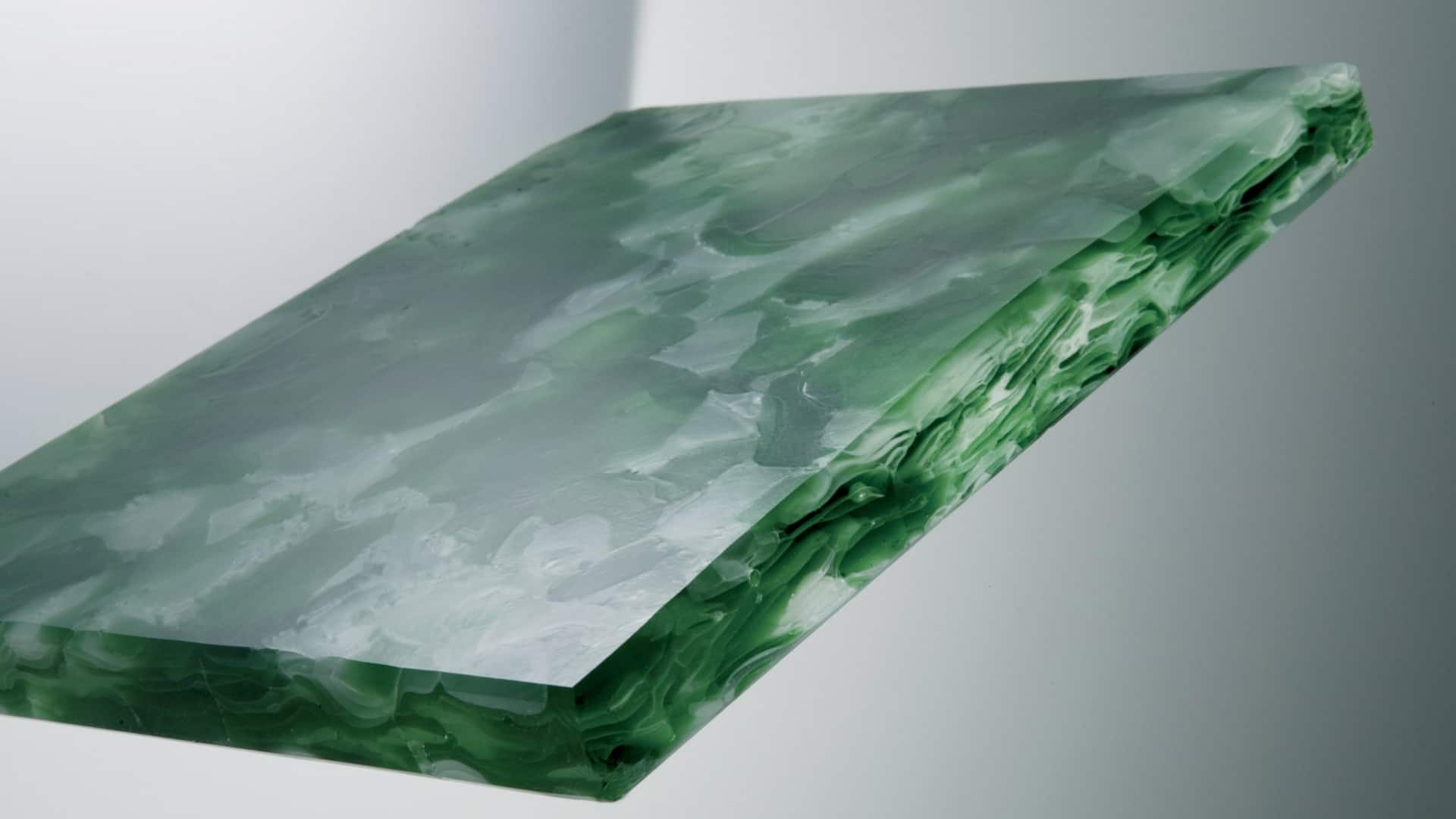
New biodegradable glass offers environmental benefits for pharma applications
What's the story
A team of scientists from the Institute of Process Engineering (IPE) at the Chinese Academy of Sciences, has developed a new type of glass. Known as high-entropy non-covalent cyclic peptide (HECP) glass, this innovative material is biodegradable and recyclable. The research for this development was published in Nature Nanotechnology. The HECP glass boasts enhanced crystallization resistance, mechanical properties, and enzyme tolerance, making it suitable for use in pharmaceutical formulations and smart functional materials.
Sustainable solution
A sustainable alternative to traditional materials
The research team, led by Professor Yan Xuehai from IPE, has been working on creating biodegradable and recyclable glasses using amino acid and peptide components. These innovative biomolecular non-covalent glasses offer a sustainable alternative to traditional glasses and plastics. The development of a stable non-covalent glass that performs well under challenging physiological conditions, while minimizing rejection has been a significant challenge in this field.
Crystallization hurdle
Overcoming crystallization challenges in glass technology
Cyclic peptides (CPs), known for their diverse biological activities and enhanced stability, have been identified as a promising platform for developing non-covalent glass for biomedical or other high-tech applications. However, their strong tendency to crystallize has restricted their potential in glass technology. To overcome this obstacle, the research team developed a new way to achieve stable non-covalent glass based on CPs. This approach involved incorporating a range of CPs to make a high-entropy environment that effectively inhibited crystallization.
Glass formation
Innovative method leads to formation of HECP glass
The CPs underwent a melting-quenching mechanism, where they were heated above their melting points and then rapidly cooled. This preserved the disordered conformations in a supercooled liquid state, which led to the formation of glass. The resulting HECP glass exhibits improved crystallization-resistance, enhanced mechanical properties, and higher enzyme tolerance when compared to individual cyclic peptide or linear peptide glasses. These improvements stem from the synergistic effect of sluggish diffusion and hyperconnected network architectures within the HECP glass.
Drug delivery
HECP glass is promising candidate for drug delivery systems
The properties of HECP glass can be tailored with compositional adjustments, making it a promising candidate for several drug delivery systems where controlled release is essential. Additionally, HECP glass has already shown the potential to incorporate other functional moieties, such as dyes and nanoparticles. This contributes to the design and development of multifunctional, sustainable, non-covalent glasses. "The high-entropy strategy has proven to be an effective method for achieving stable non-covalent glasses," said Xuehai.